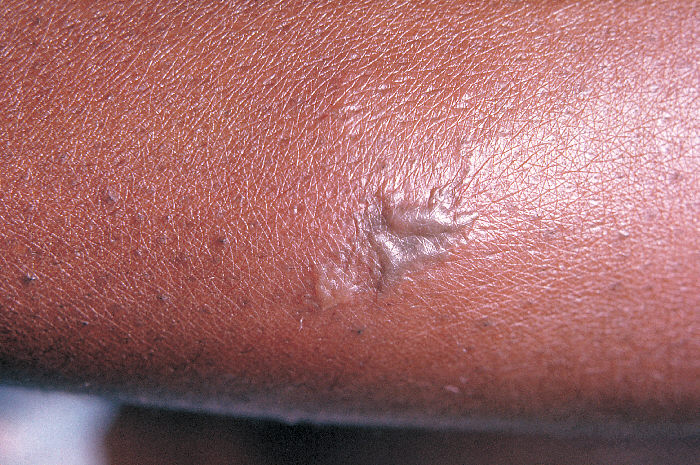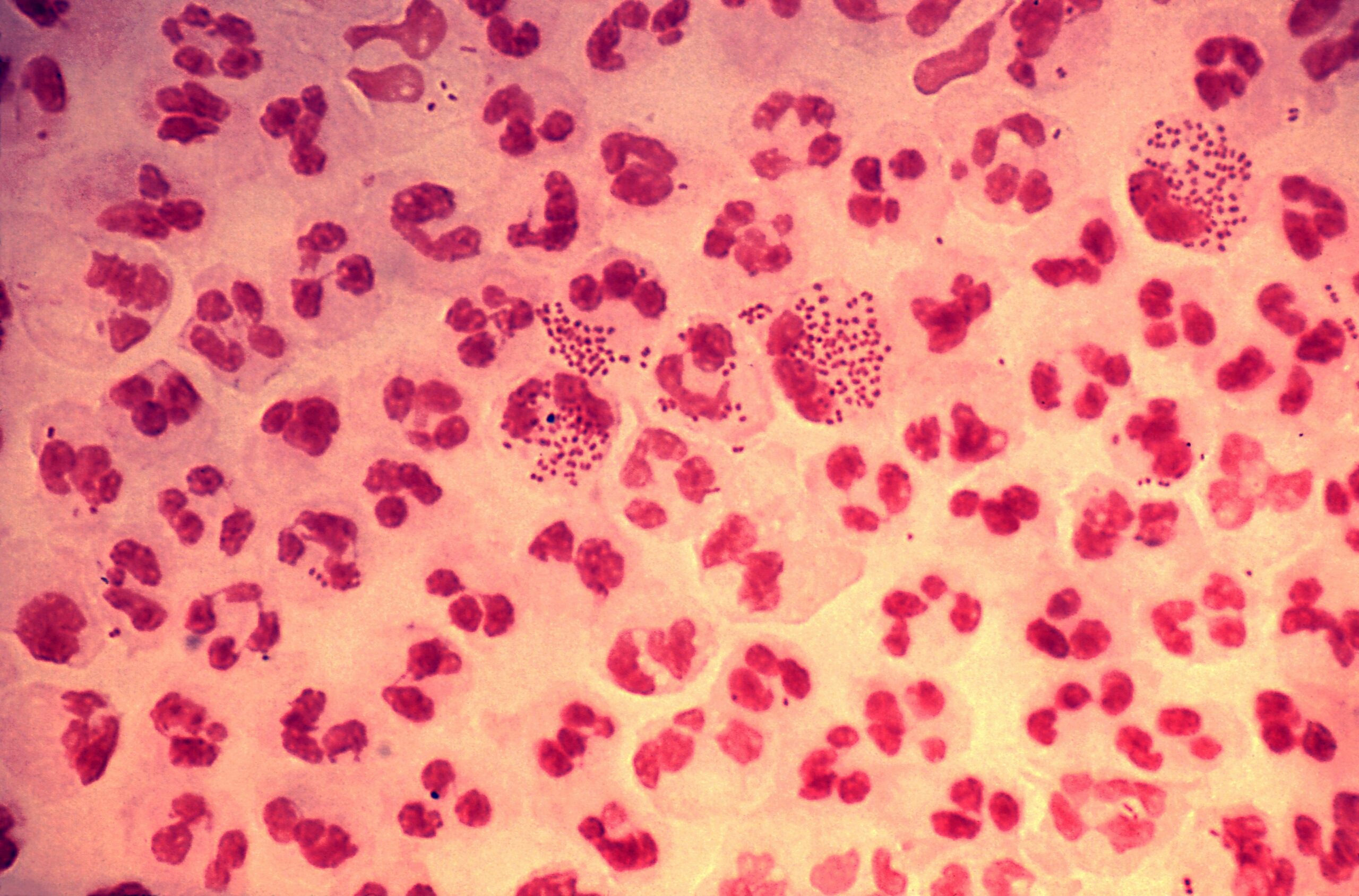Playlist
Show Playlist
Hide Playlist
Gonorrhea
-
Slides STD Female Repro.pdf
-
Reference List Pathology.pdf
-
Download Lecture Overview
00:01 Our next organism here is Neisseria gonorrhoeae. 00:04 Look, this is a gram-negative organism. 00:06 It’s a diplococci. 00:08 It begins in the vestibular, that is your outside portion of the female genital tract. 00:16 And then also periurethral glands. 00:19 And your periurethral glands tend to be more of your Skene glands. 00:24 So if you’re unfamiliar with the glands in the vestibular area and the periurethral, probably a good time for you to quickly review it because these things will show up on your Step. 00:32 And you need to make sure that you know as to what they look like and how they present. 00:36 Both these patients -– the glands here in the vestibular area, my goodness, she’s going to be absolutely uncomfortable. 00:45 Lower tract symptoms, acute suppurative reaction. 00:49 Ascends up the mucosa surface to the tract and once again here, we have another bacteria that then may present with pelvic inflammatory disease. 01:00 Unfortunately, this infection is transmitted sexually and could also be transmitted to a newborn during vaginal delivery. 01:07 And at some point in microbiology, you’ve heard of ophthalmia neonatorum, right? Or conjunctivitis of the newborn. 01:15 And it might be either Neisseria or Chlamydia. 01:18 Or ophthalmoplegia neonatorum. 01:18 Oftentimes, you’ll find your Chlamydia responsible for it. 01:22 The extragenital infections that you want to keep in mind for Neisseria are the following: If there’s felacio or oral sex involved, cunnilingus and such, pharyngitis. 01:33 If there’s anal sex, then you’re thinking about infection in the rectum, proctitis. 01:40 Sometimes the infection moves away from the genital tract and if you take your hand -- The patient comes to you and says, “Doc, you see my knee? I’m having a hard time in moving around. 01:53 Definitely having a hard time jogging. 01:54 Sometimes I even have a hard time walking.” One or two? Both knees? How many? One. 02:01 One. 02:01 Oh, okay, monoarticular. 02:04 Take the back of your hand and you place the back of your hand on the knee and, whew, it feels a little warm to the touch. 02:11 This is septic arthritis, isn’t it? Or purulent arthritis. 02:15 Keep that in mind, please. Very important. 02:18 Be able to identify that issue. 02:21 And here’s the eye issue in a neonate with vertical transmission, and this is so unfortunate. 02:29 Here’s a sexually transmitted infection that should have treated. 02:32 Instead, the pregnant lady’s delivering and affecting the neonate. 02:37 That always makes me feel – I mean it just doesn’t make me feel good at all. 02:40 This is ophthalmia neonatorum, a neonatal conjunctival infection and it is severe.
About the Lecture
The lecture Gonorrhea by Carlo Raj, MD is from the course Sexually Transmitted Diseases (STDs).
Included Quiz Questions
An infant born to a mother with an untreated gonorrheal infection is at risk for which of the following conditions?
- Conjunctivitis
- Neonatal jaundice
- Encephalitis
- Cardiac anomalies
- Deafness
A 23-year-old woman presents with pain and swelling in her right knee. While a medical student is taking the history, the patient objects to answering questions about her sexual history, and asks, "How is this relevant to my knee pain?" What should the student tell her?
- Sexually transmitted infections can be a cause of arthritis.
- It is a standard question unrelated to your current condition.
- I am a medical student, and I am required to take a complete history of every patient.
- Because you are in the office today, it would be convenient for you to be tested for STIs during this visit.
- The CDC recommends screening patients of your age group for STIs.
Customer reviews
4,0 of 5 stars
| 5 Stars |
|
0 |
| 4 Stars |
|
1 |
| 3 Stars |
|
0 |
| 2 Stars |
|
0 |
| 1 Star |
|
0 |
the more jokes the better. Keep it up . We need more details on diagnostic and therapy





